5 Home Remedies to Treat Urethritis


Reviewed and approved by the doctor Maricela Jiménez López
Urethritis is the acute or chronic inflammation of the urethra, the tube that carries urine from the bladder to the outside of the body. Learn how to treat urethritis in this article.
Most of the time, urethritis is caused by a viral or bacterial infection, which may include sexually transmitted diseases such as chlamydia or gonorrhea. However, in other cases, its origin isn’t infectious and can be caused, for example, by an inflammatory disease or an injury to the area.
It’s important to follow the treatment or therapy prescribed by the doctor, and it’s also good to complement it with certain natural remedies that can accelerate its recovery.
In this article, we want to review some of its main causes and suggest 5 effective home treatments that can relieve the discomfort.
Causes of urethritis
The most common cause of urethritis is infection by a virus, bacteria, or fungi. These microorganisms are the same ones that cause bladder and kidney problems.
The most common, according to some investigations, are:
- Neisseria gonorrhoeae (gonorrhea)
- Chlamydia trachomatis (chlamydia)
- Mycoplasma genitalium
- Mycoplasma hominis
- Ureaplasma urealyticum
- Herpes simplex
- Cytomegalovirus
- Escherichia coli
Non-infectious causes include:
- Lesions caused by the insertion of a urinary catheter.
- Sensitivity to chemical components of products, such as creams or spermicides.
- Reactive arthritis or Reiter’s syndrome.
Symptoms of urethritis
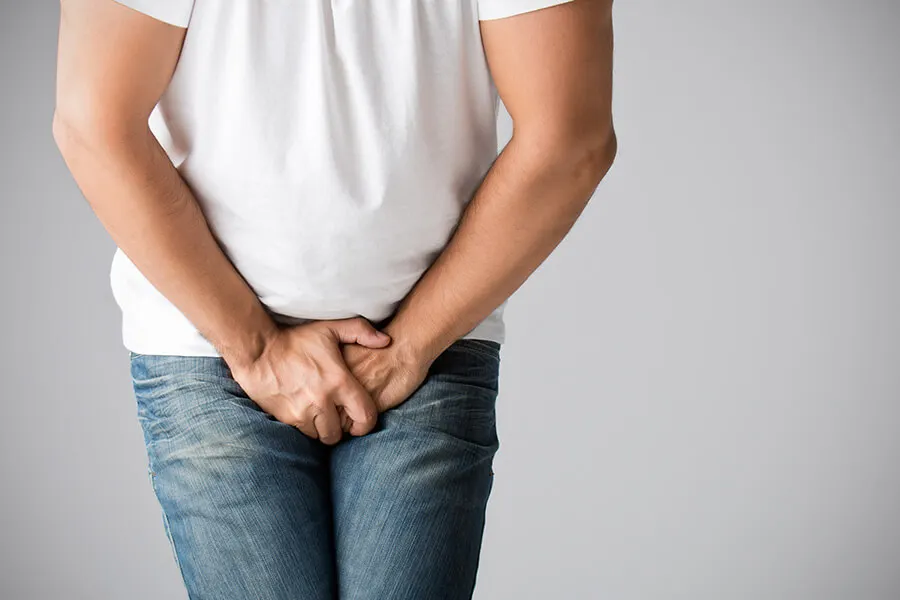
Urethritis symptoms manifest themselves in different ways in men and women. In women, they’re less specific and are often confused with those caused by cystitis.
Men
- Frequent urination (polyuria and pollakiuria)
- Painful urination
- Discharge from the urethra
- Blood in urine or semen
- Stinging sensation
- Swelling and tenderness of the penis
- Pain during intercourse
- Swollen inguinal nodes
Women
- Frequent urination (polyuria and pollakiuria)
- Pain in the lower abdomen
- Burning during urination
- Pain during sexual intercourse
- Abnormal vaginal discharge
- Chills and slight fever
Urethritis is treated according to the agent that caused it. In this way, doctors can choose the medication and therapy that help to heal the infection (viral or bacterial) or possible lesions. Besides the therapy indicated by the specialist, you can use home remedies to treat urethritis.
5 Home remedies to treat urethritis naturally
Before teaching you some natural treatments for urethritis, you should know that these do not replace the opinion of experts. Check with them to discard diseases or infections that can lead to complications, and use them in case the doctors approve them.
All the remedies that we select are infusions and teas. The reason for this is very simple: increasing fluid intake can help remove bacteria from the urethral canal. So much so, and as Harvard Health Publishing reminds us, that slightly increasing fluid intake can have preventive effects against urinary tract infections.
1. Infusion of thyme
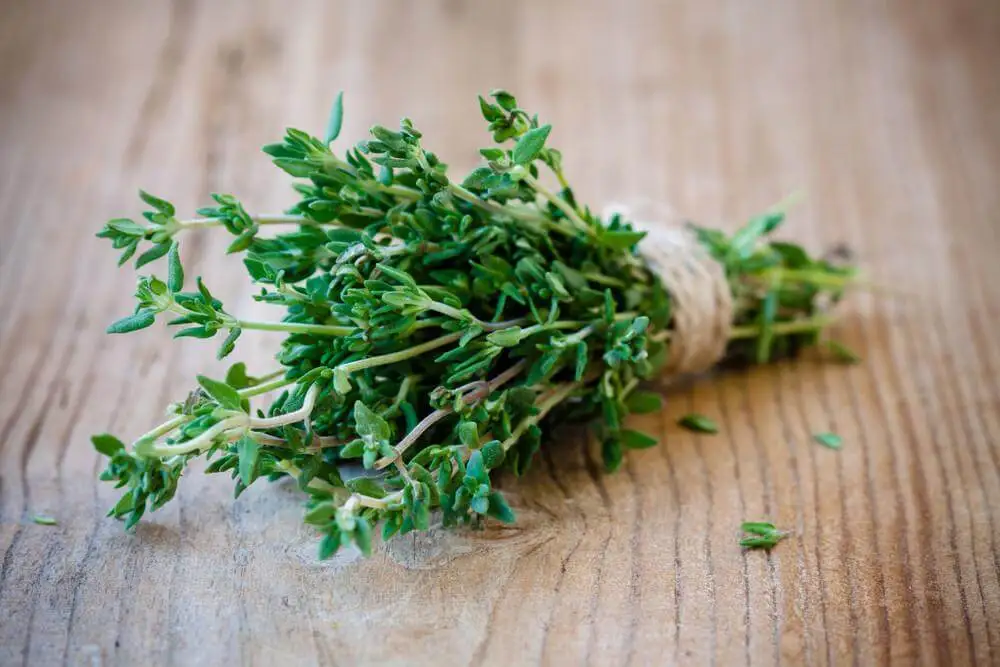
For its antiseptic, anti-inflammatory and antibiotic properties, the infusion of thyme is an effective remedy to stimulate the healing of urethritis.
Ingredients
- 1 teaspoon of thyme (5 g)
- 1 cup of water (250 ml)
Preparation
- Pour a teaspoon of thyme into a cup of boiling water and cover the drink.
- Let it steep for 10 minutes and strain it.
Mode of consumption
- Drink a cup of infusion in the morning and another one in the afternoon.
- Drink it until you feel total relief from the symptoms.
2. Chamomile infusion
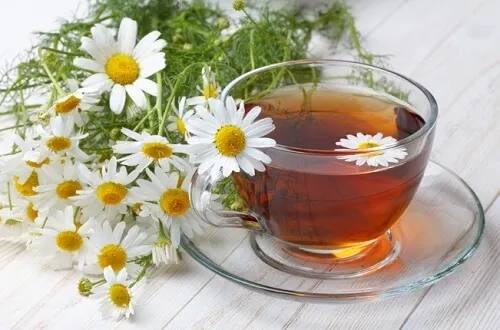
Its anti-inflammatory compounds reduce irritation of the urethra and facilitate the restoration of urination when it’s affected.
Ingredients
- 1 teaspoon of chamomile (5 g)
- 1 cup of water (250 ml)
Preparation
- Add a teaspoon of chamomile to a cup of boiling water.
- Cover the infusion, let it steep for 10 minutes and filter it through a strainer.
Mode of consumption
- Drink 2 or 3 cups of infusion a day, until the discomfort is eased.
See also: 8 Causes of Bladder Pain
3. Parsley infusion
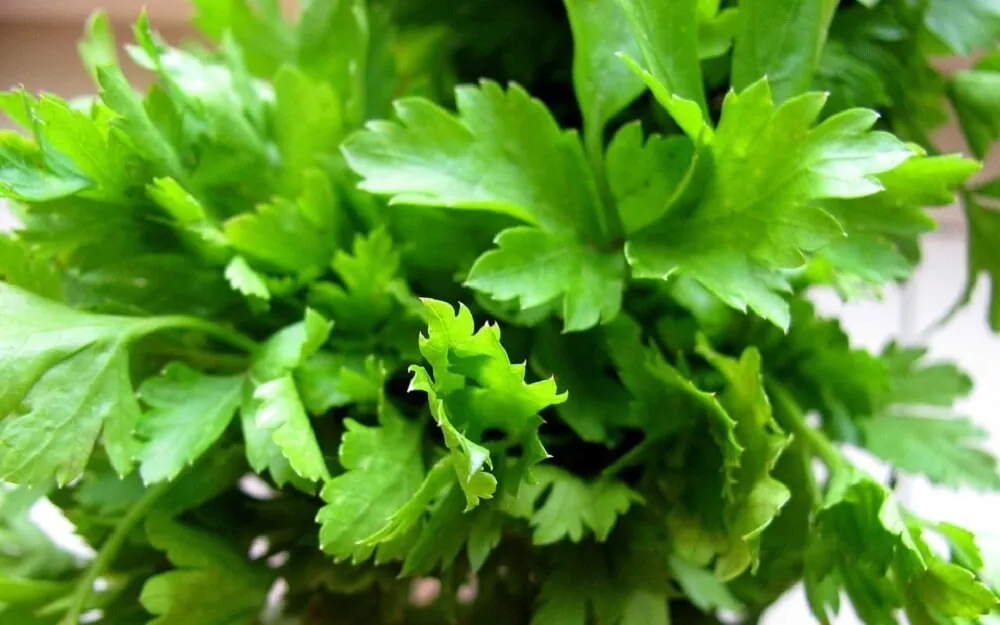
Parsley has diuretic properties that promote bladder and urinary tract cleansing. Its natural extracts can help fight infections and restore the proper elimination of urine.
Ingredients
- 1 tablespoon of parsley leaves (15 g).
- 1 cup of water (250 ml).
Preparation
- Pour the parsley leaves into a cup of boiling water and cover it.
- Let it steep for 10 minutes and strain it.
Mode of consumption
- Drink 2 cups of infusion a day until urethritis discomfort is eased.
4. Cranberry juice
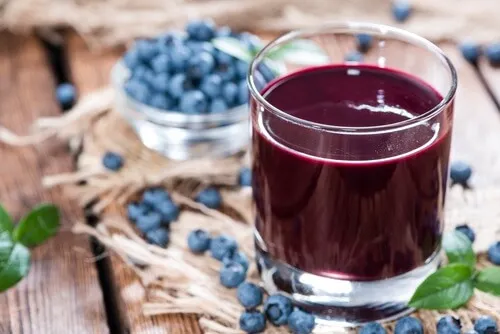
Natural cranberry juice is the remedy par excellence to fight infections affecting the urinary tract.
Ingredients
- 1 cup of cranberries (150 g)
- 1 cup of water (250 ml)
- The juice of one lemon
Preparation
- Pour the cranberries into a blender and process them with one cup of water.
- After obtaining a homogeneous mixture, add the juice of one lemon.
Mode of consumption
- Spread the juice over two servings a day: one in the morning and one in the afternoon.
5. Garlic infusion
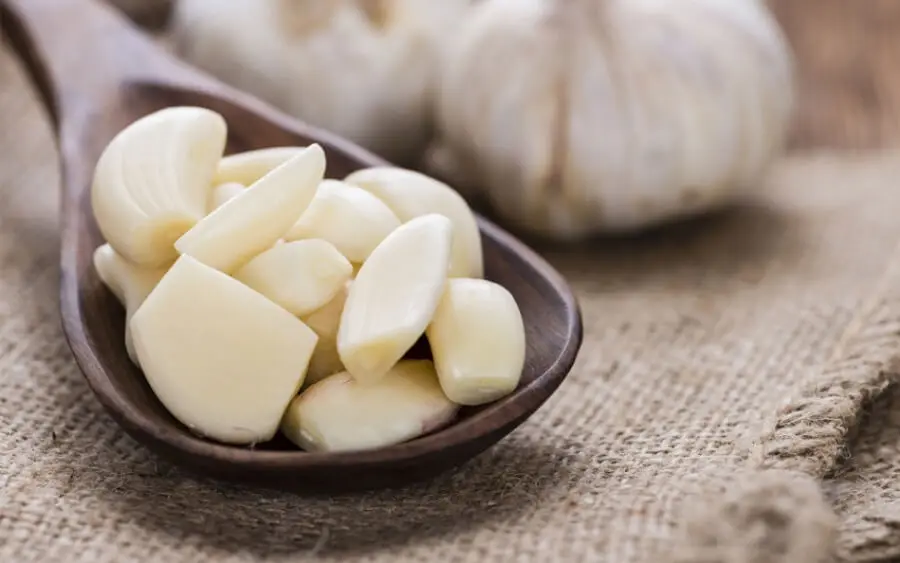
The antimicrobial and antiviral power of garlic cloves can help to control the infections that cause urethritis.
Ingredients
- 2 cloves of garlic
- 1 cup of water (250 ml)
Preparation
- Crush the garlic cloves and add them to a cup of boiling water
- Let the drink steep for 10 minutes and strain it
How to consume
- Drink up to 2 cups of infusion a day, until the condition is under control.
Are you experiencing any symptoms of urethritis? Although these remedies can help you, it’s best to consult your doctor to determine if it’s necessary to use some type of medication.
Additional Tips for Treating Urethritis
In addition to following the advice of the experts, and trying some home remedies to treat urethritis, here are some recommendations to follow while getting relief:
- Avoid wearing very tight clothing (this includes underwear).
- Avoid having sex until you overcome all symptoms.
- Avoid using hygienic products to wash your intimate parts that have a very intense pH.
- Avoid doing activities that cause pressure or friction with the muscles of your pelvis (such as riding a bike).
We remind you once again that, although these remedies can help you in the treatment, it is best that you consult your doctor. It is true that most infections are harmless, but to avoid complications or appeal for unjustified self-medication plan a visit with an expert.
All cited sources were thoroughly reviewed by our team to ensure their quality, reliability, currency, and validity. The bibliography of this article was considered reliable and of academic or scientific accuracy.
- Al-Yousofy, F., Gumaih, H., Ibrahim, H. & Alasbahy, A. (2017). Parsley! Mechanism as antiurolithiasis remedy. American journal of clinical and experimental urology, 5(3), 1-8. Disponible en: https://www.ncbi.nlm.nih.gov/pmc/articles/PMC5698599/
- Chang, Z., An, L., He, Z., et al. (2022). Allicin suppressed Escherichia coli-induced urinary tract infections by a novel MALT1/NF-κB pathway. Food & Function, 13(6), 3495-3511. Disponible en: https://pubmed.ncbi.nlm.nih.gov/35246671/
- Farid, H. (2018, October 15). More water, fewer UTIs?. Harvard Health Publishing. Disponible en: https://www.health.harvard.edu/blog/more-water-fewer-utis-2018101515035
- Hammoudi, D., Krayem, M., Khaled, S. & Younes, S. (2022). A Focused Insight into Thyme: Biological, Chemical, and Therapeutic Properties of an Indigenous Mediterranean Herb. Nutrients, 14(10), 1-22. Disponible en: https://www.ncbi.nlm.nih.gov/pmc/articles/PMC9147557/
- Hisano, M., Bruschini, H., Nicodemo, A. C. & Srougi, M. (2012). Cranberries and lower urinary tract infection prevention. Clinics, 67(6), 661-667. Disponible en: https://www.ncbi.nlm.nih.gov/pmc/articles/PMC3370320/
- Singh, O., Khanam, Z., Misra, N., & Srivastava, M. K. (2011). Chamomile (Matricaria chamomilla L.): an overview. Pharmacognosy reviews, 5(9), 82-95. Disponible en: https://www.ncbi.nlm.nih.gov/pmc/articles/PMC3210003/
- Young, A., Toncar, A. & Wray, A. A. (2021). Urethritis. StatPearls. Disponible en: https://www.ncbi.nlm.nih.gov/books/NBK537282/
This text is provided for informational purposes only and does not replace consultation with a professional. If in doubt, consult your specialist.








